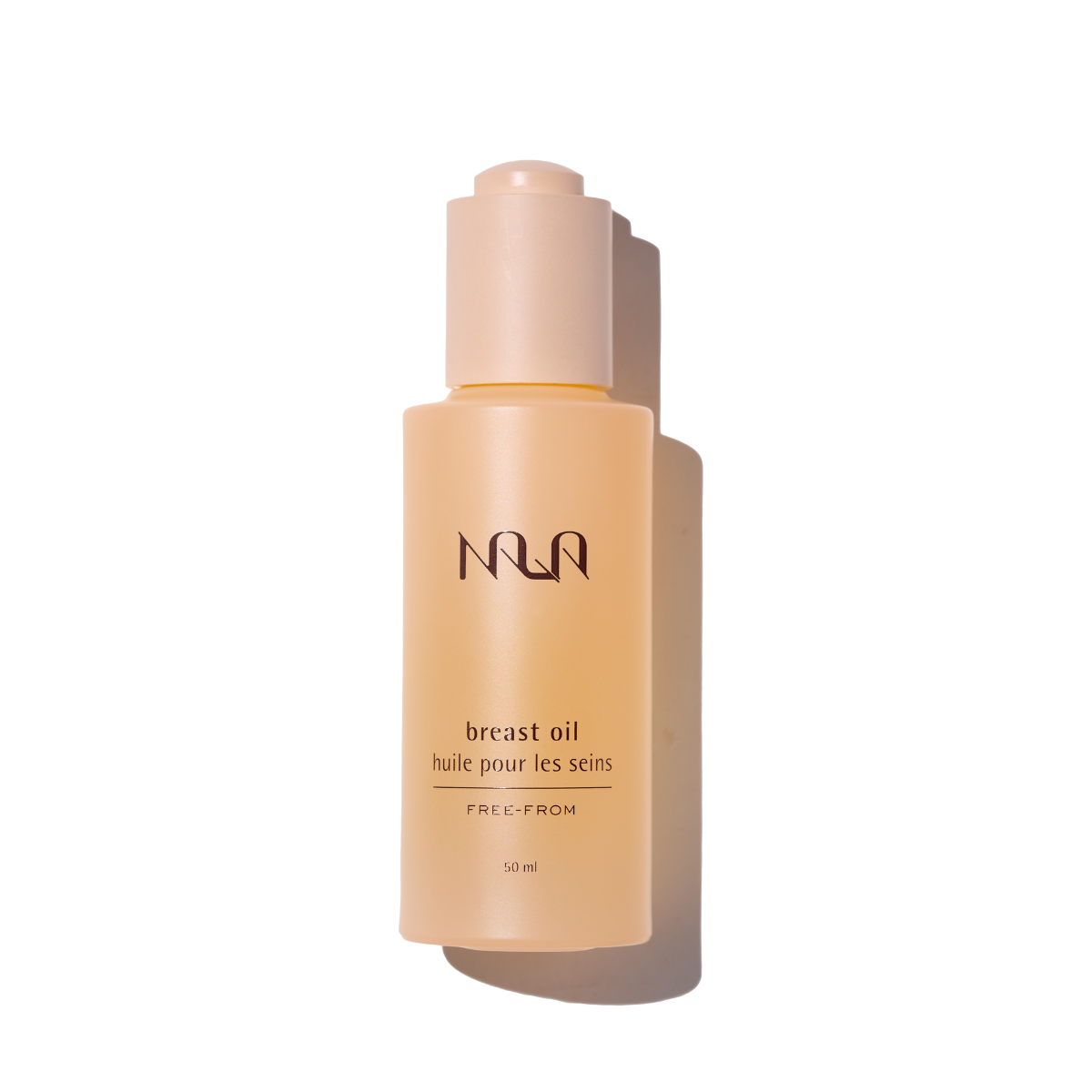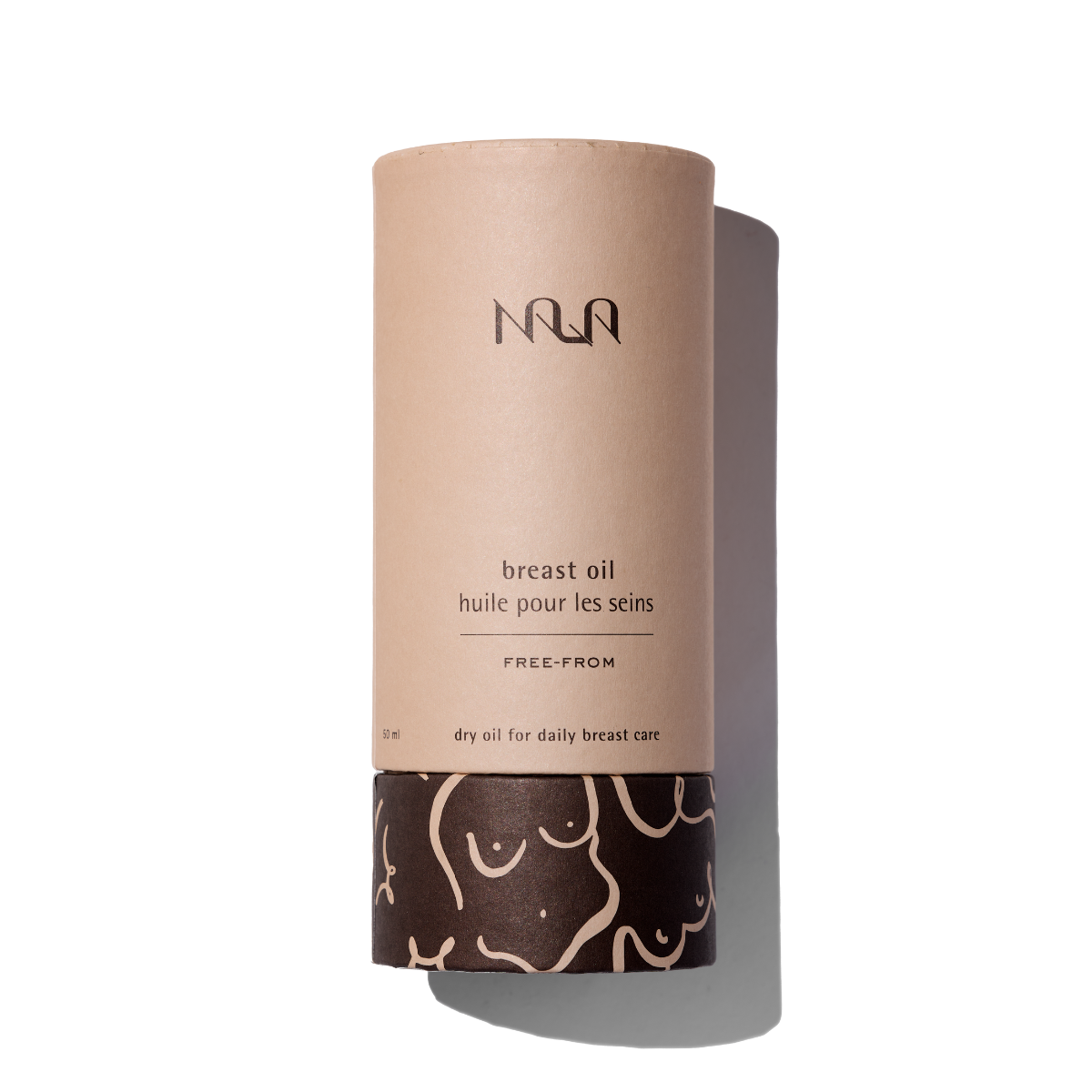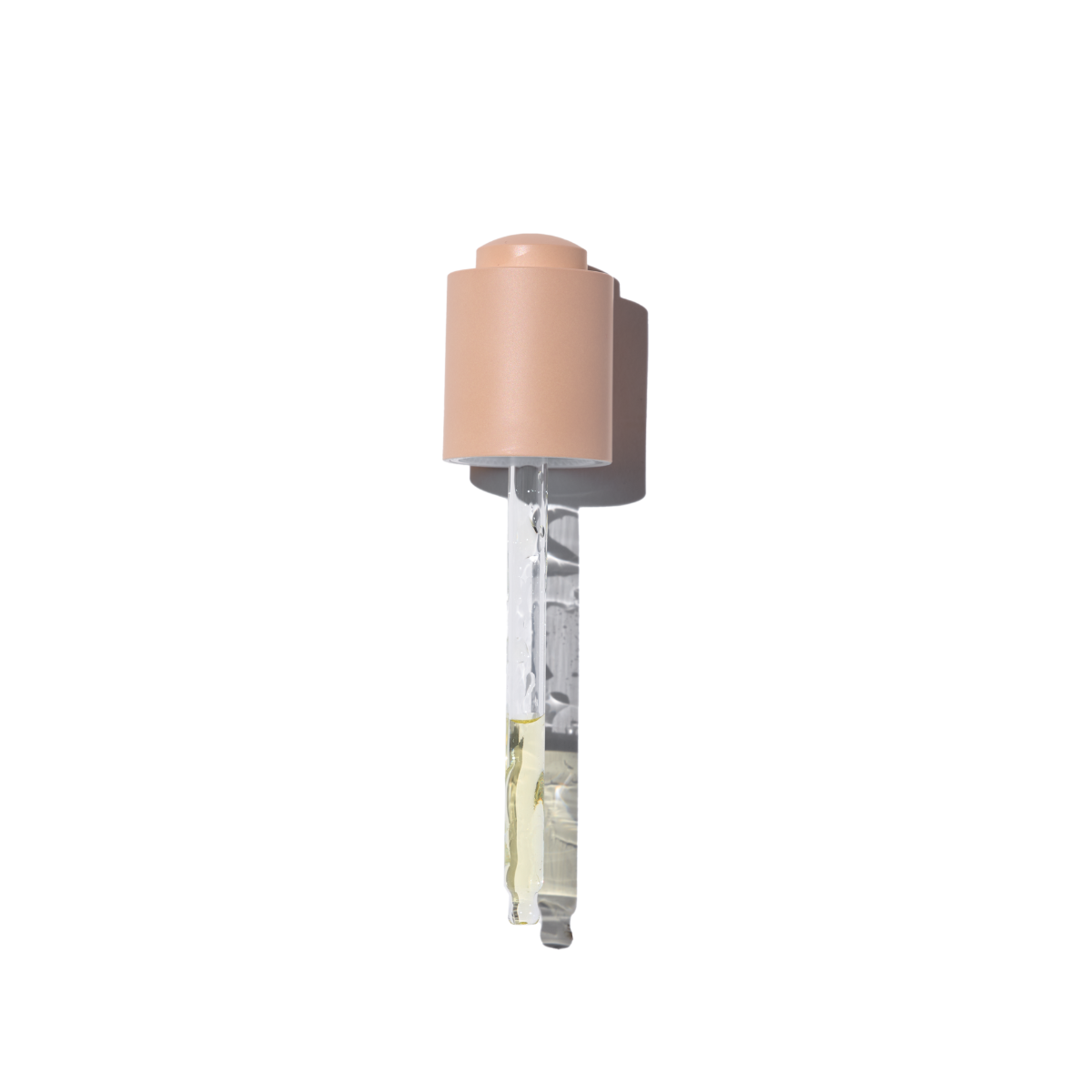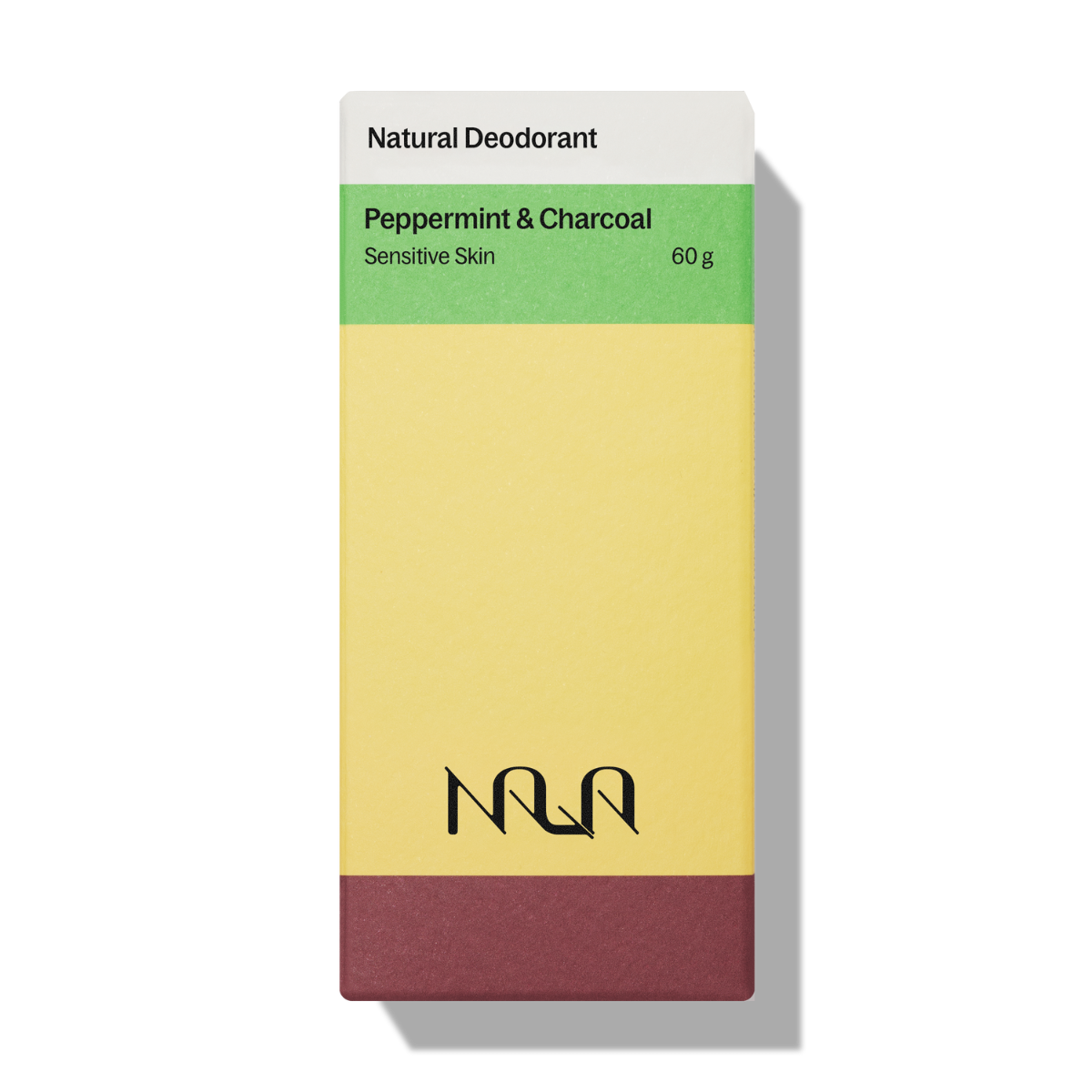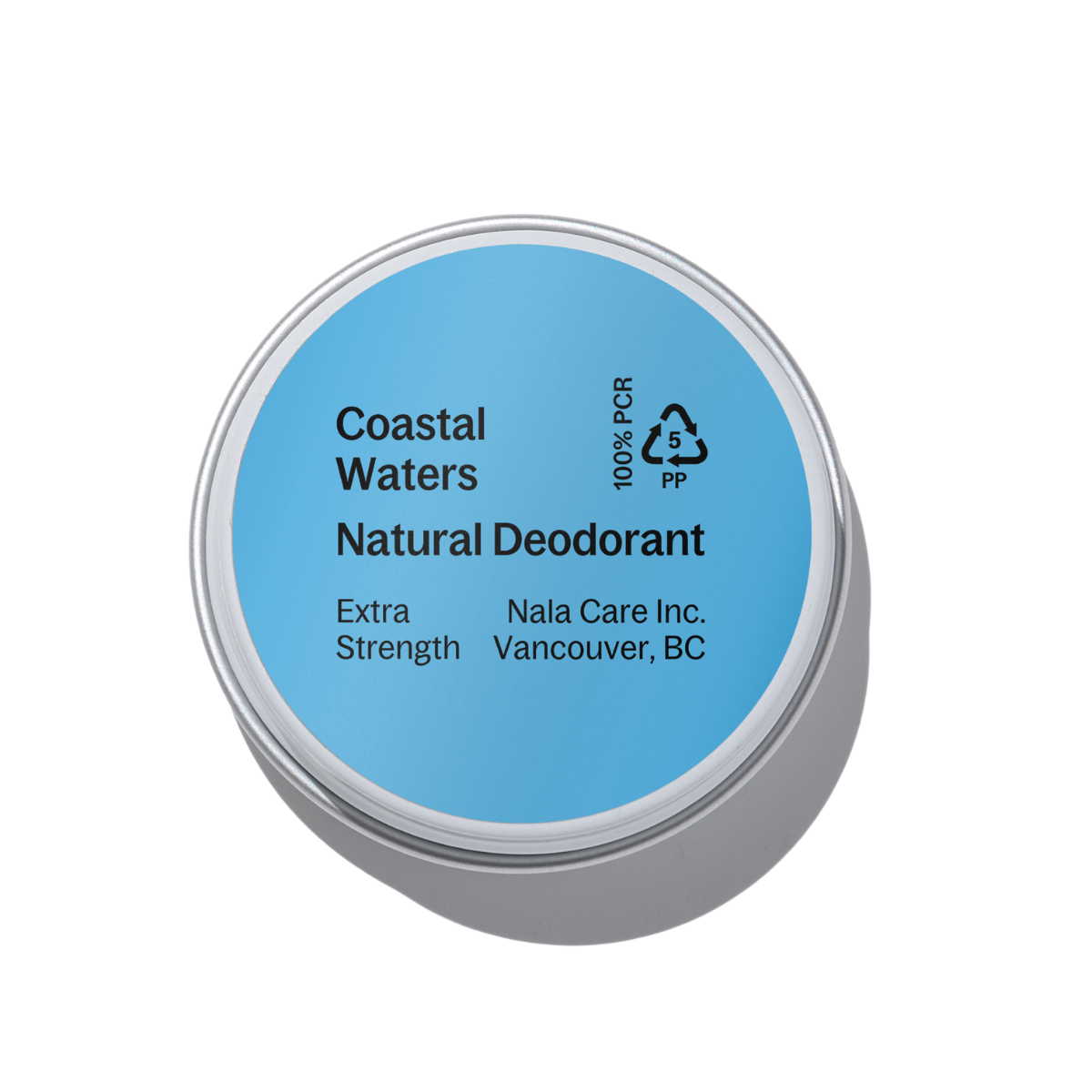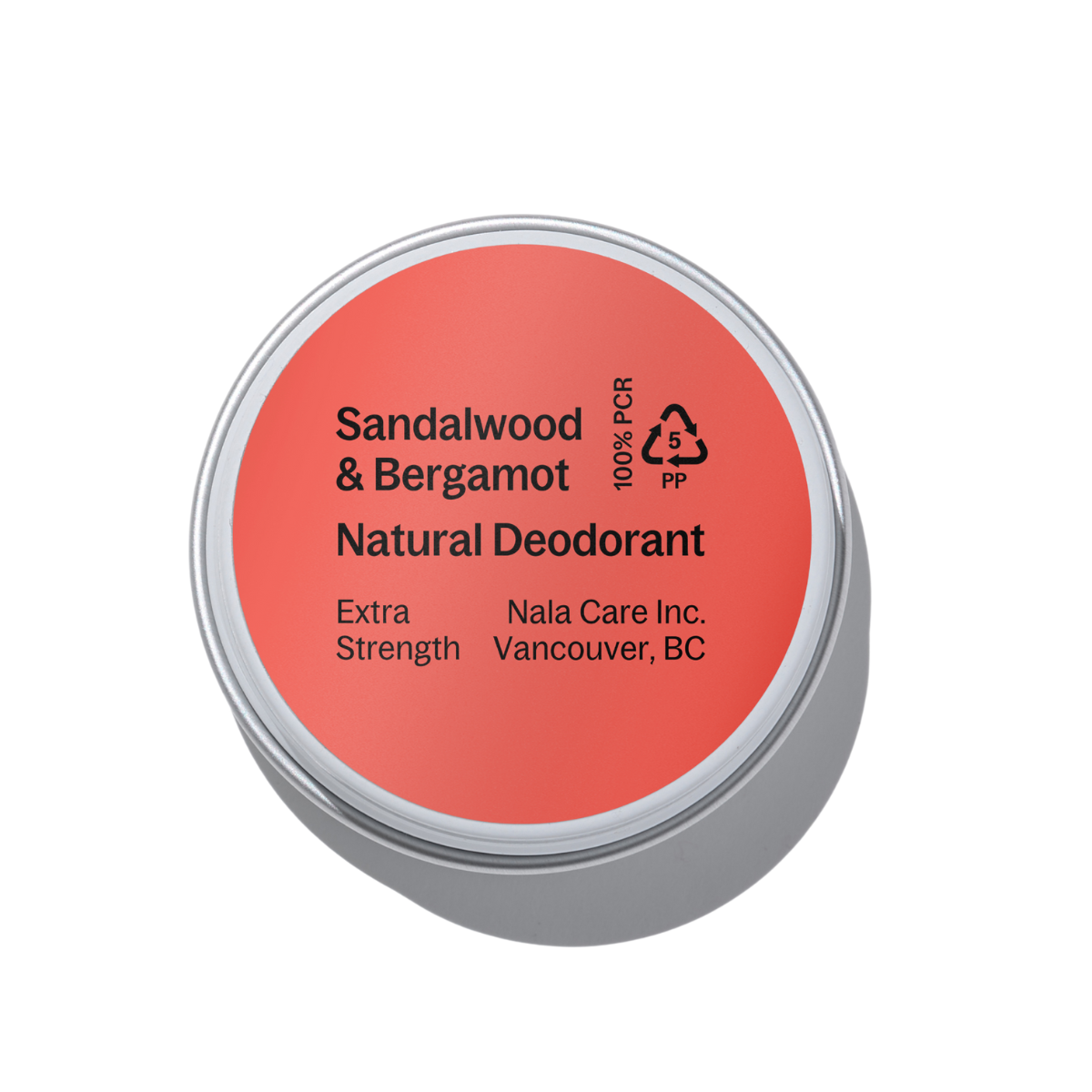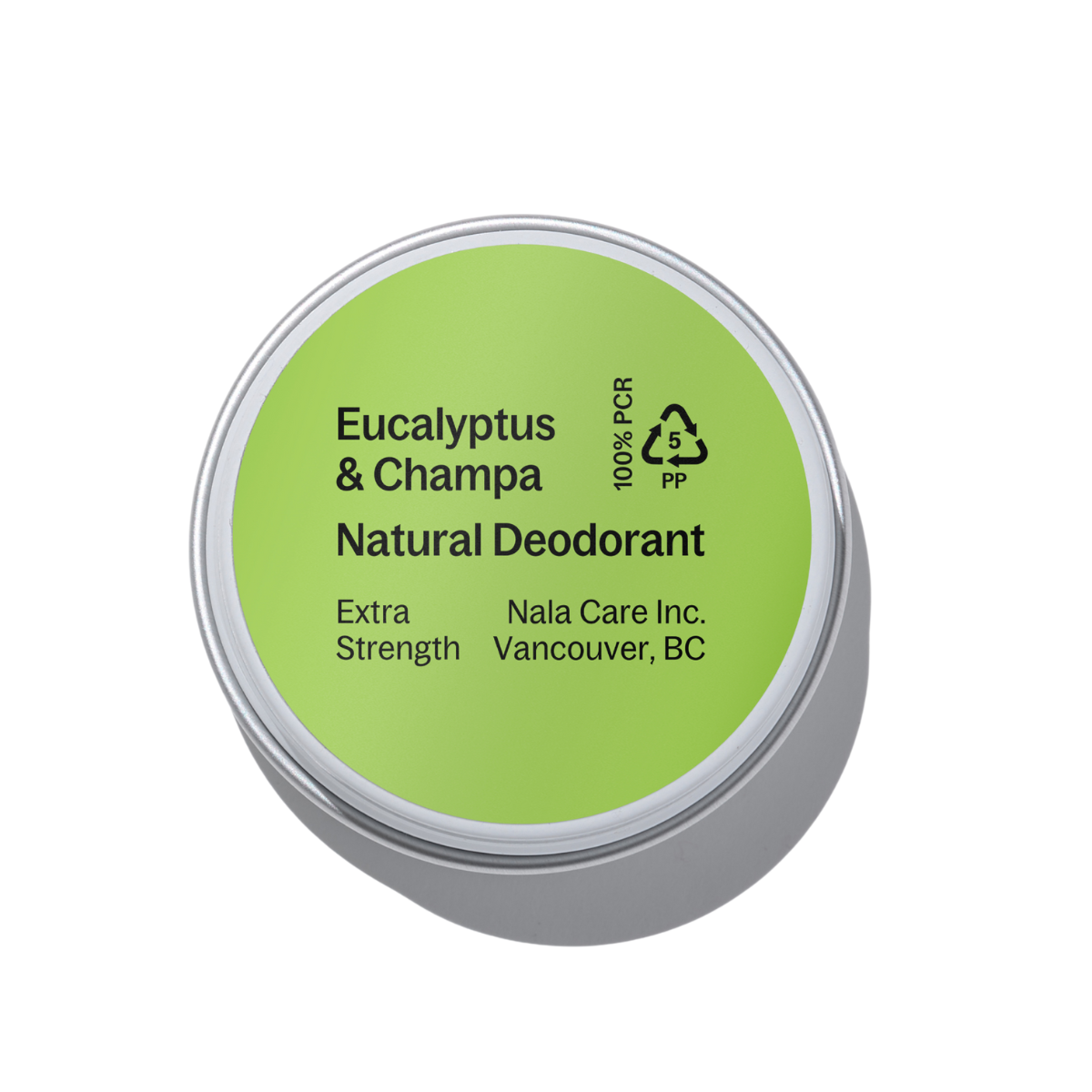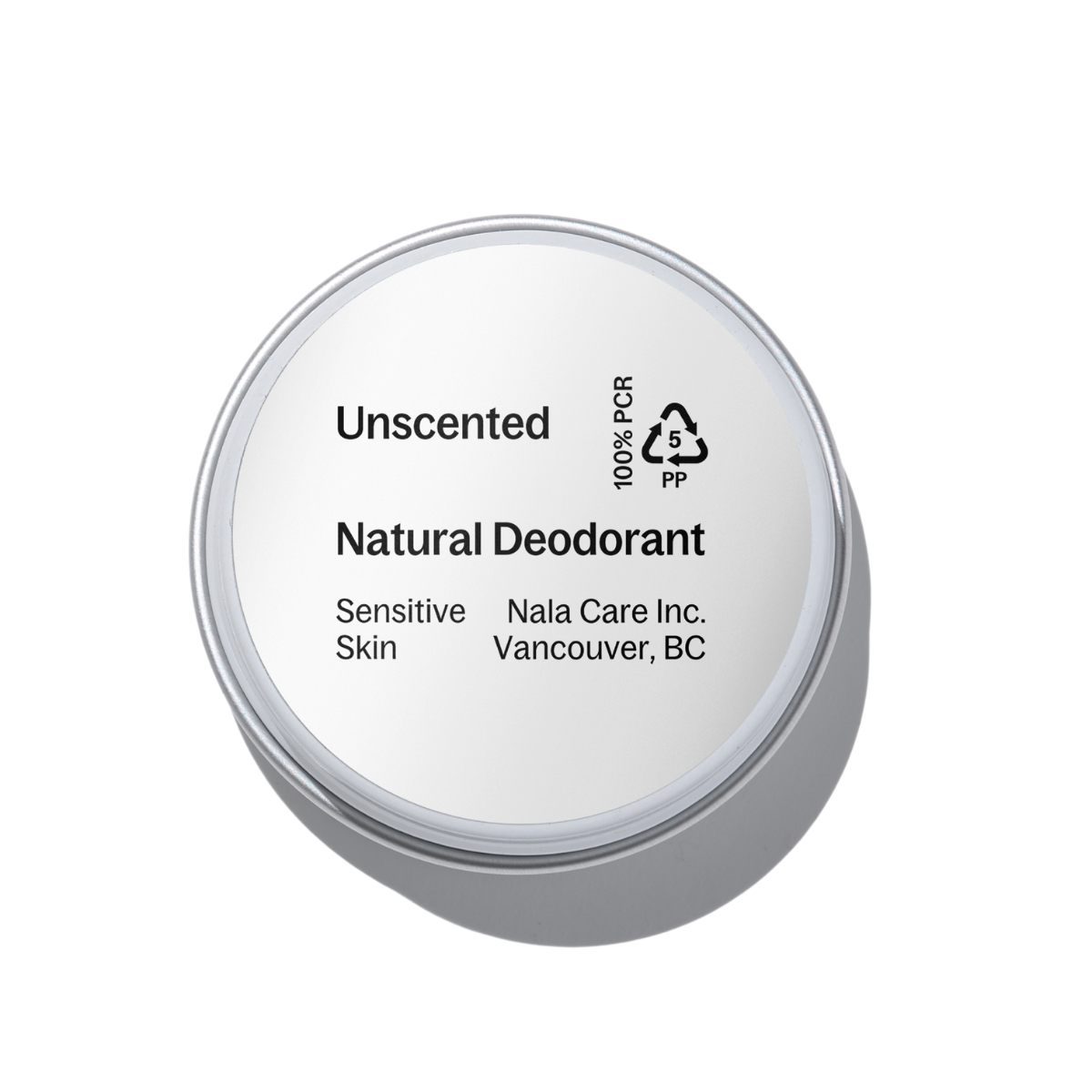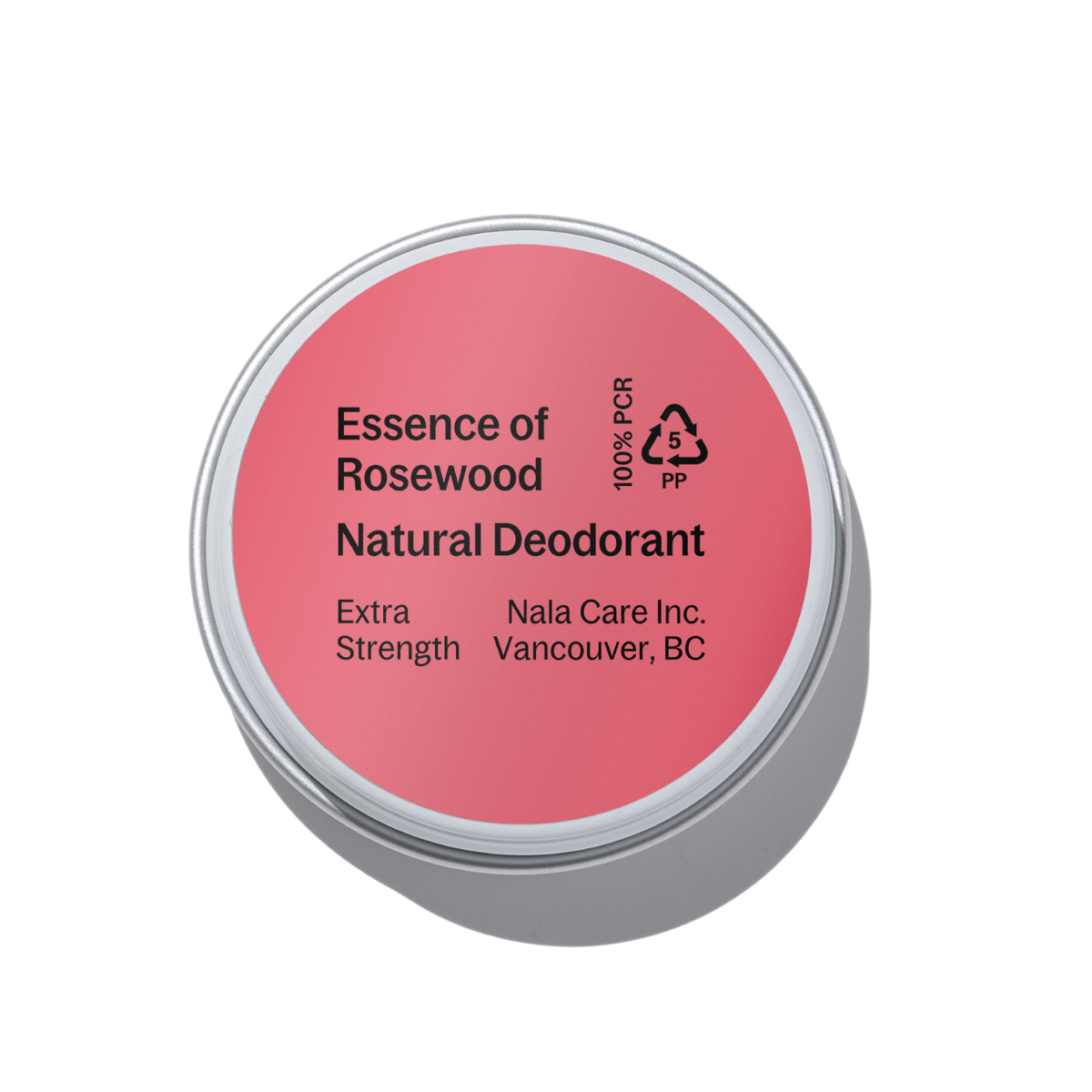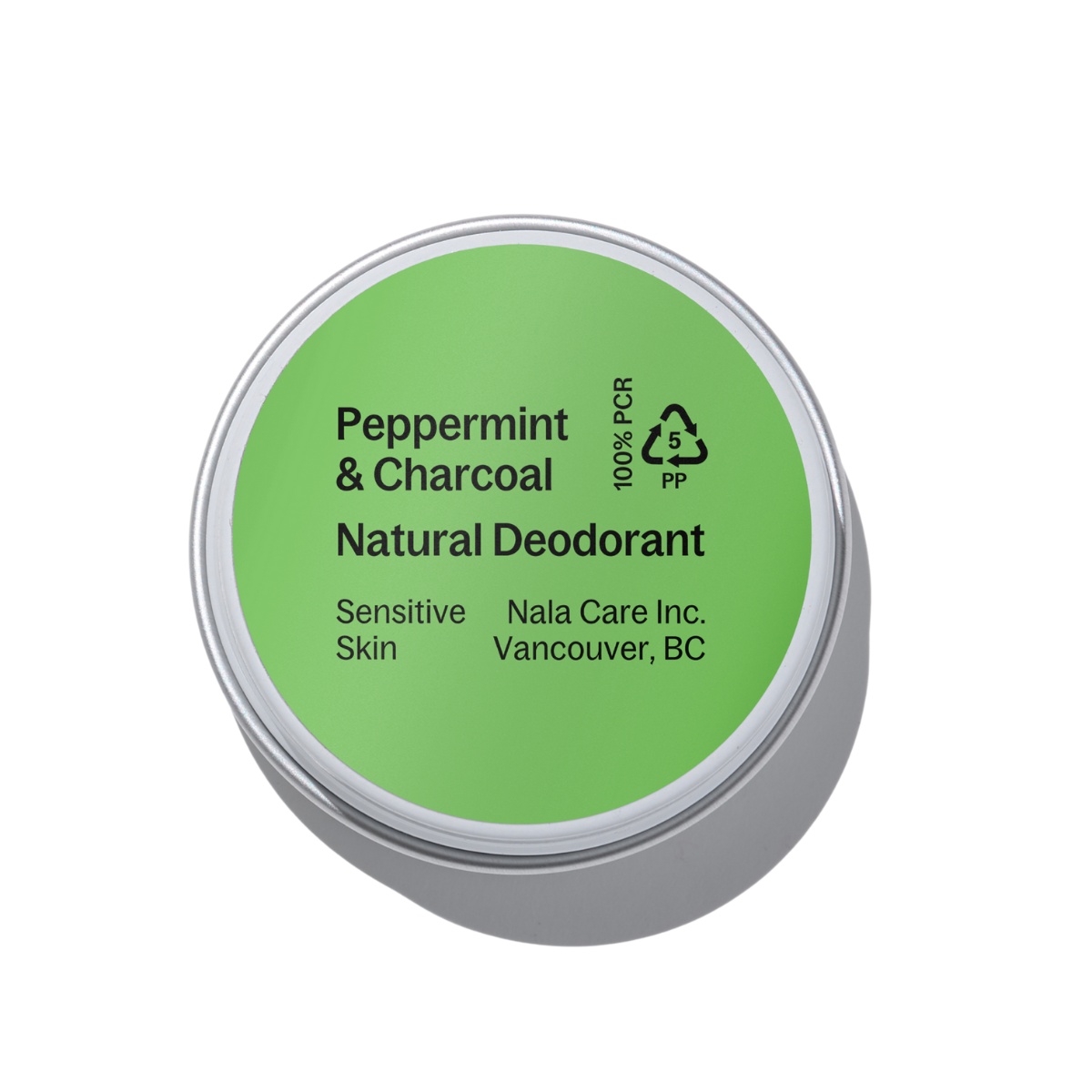Breastfeeding & Antiperspirant: Considerations for New Mothers
Your armpit is the focal point of some pretty intimate conversations.
Sweating, body odor, body hair… the armpit, and what you do with it, has everyone weighing in.
And no conversation is more loaded than the one about the connection between what you put on your pit and what ends up in your baby’s body.
Like so much else to do with deodorant, the public discourse about antiperspirants and deodorants containing aluminium and breastfeeding is raging, and full of contradictory information, advice, and opinions.
We are a science-based company dedicated to promoting preventative care, self awareness, and self advocacy. Here’s our take on using anti-perspirant when you’re breastfeeding.
">
What we know about antiperspirant
If you haven’t been following along on our blog, here’s a little re-cap: most commercial antiperspirants use an aluminium chloride compound, which mixes with your sweat and plugs up your sweat glands. This is troublesome for two reasons: one, sweating is natural function of the body to flush our systems of toxin.
Two, when you use aluminium to plug up your pores, they inevitably let a lot of aluminium into your body.
What we know about aluminium
Aluminium is a heavy metal capable of crossing the “blood-brain barrier” - a filtering mechanism of the capillaries that blocks the passage of certain substances into the brain.
This is to say that aluminium can accumulate in your body much more easily than other toxins. When it does, it can cause hormone disruption, potentially cancer, and, some studies suggest, even alzheimer’s disease.
Generally speaking, heavy daily use of an antiperspirant containing aluminium will increase the amount of aluminium in your body, but occasional use isn’t likely to give most adults cancer or other health issues.
But babies work a little differently.
What we know about breast milk & babies
As you may have noticed, babies are quite a bit smaller than adults.
While this makes them universally adorable, it also means that much smaller amounts of chemicals and heavy metals are required for them to experience toxicity in their systems.
Add that to the fact that the high fat and protein content of breastmilk attracts heavy metals and other contaminants, and there’s a good reason to be concerned about introducing excess aluminium into your system while breastfeeding your newborn.
So - antiperspirant while breastfeeding?
Is aluminium potentially bad for you and your newborn child? Absolutely.
Do you need to launch yourself into a frenzied detox, eschew all conventional beauty products, and stress out for the next 9-24 months while breastfeeding? Probably not.
The truth is that we accumulate less aluminium into breast milk through - and here’s the key word - occasional antiperspirant use than we do through the foods that we eat. And if where you apply you aluminium compound has you worried (the armpit is, after all, right next to the breast in question), you can rest a little easier knowing there are natural barriers in place between the underarm and the milk ducts.
We are advocates of natural products, especially for mothers growing and feeding young children. But we are also advocates for mothers lowering their stress levels and feeling less judgement from the media and their peers.
Every body is different, and each of us will absorb and process aluminium in different ways. If you know you have a sensitivity, it might be best to switch to a natural deodorant for the foreseeable child-rearing future.
But if you’re heading into public for the first time in three months and it’s 100 degrees outside, and you’re already self conscious due to exhaustion and baby brain, it’s probably okay to slap on a layer of antiperspirant and call it a day (maybe just try out a detox deodorant before bedtime ).
The bottom line is that switching to a natural deodorant from an antiperspirant will lower the amount of aluminium in your breast milk, which will lower the amount of aluminium that ends up in your baby. Regardless of any debate, that’s probably not a bad thing - for your child, or yourself.



